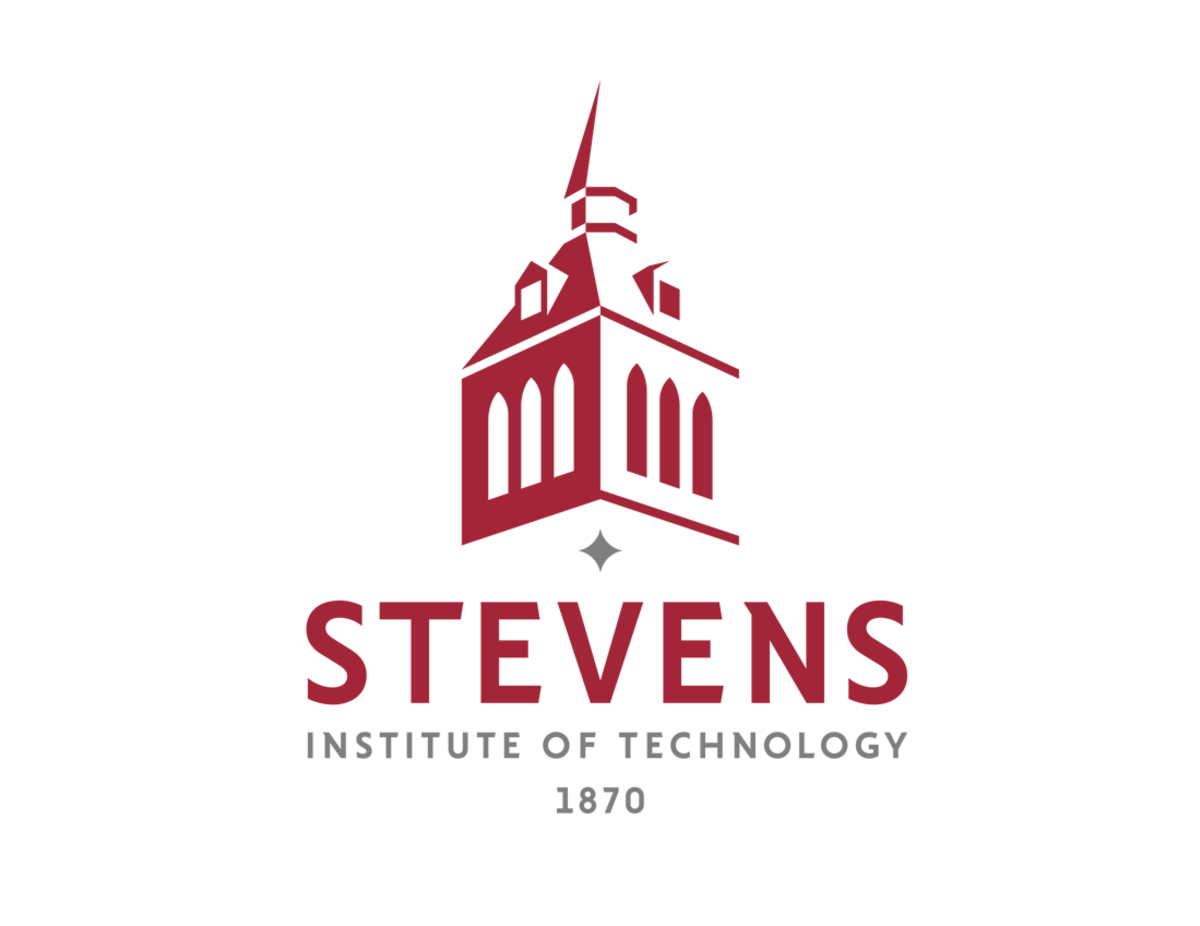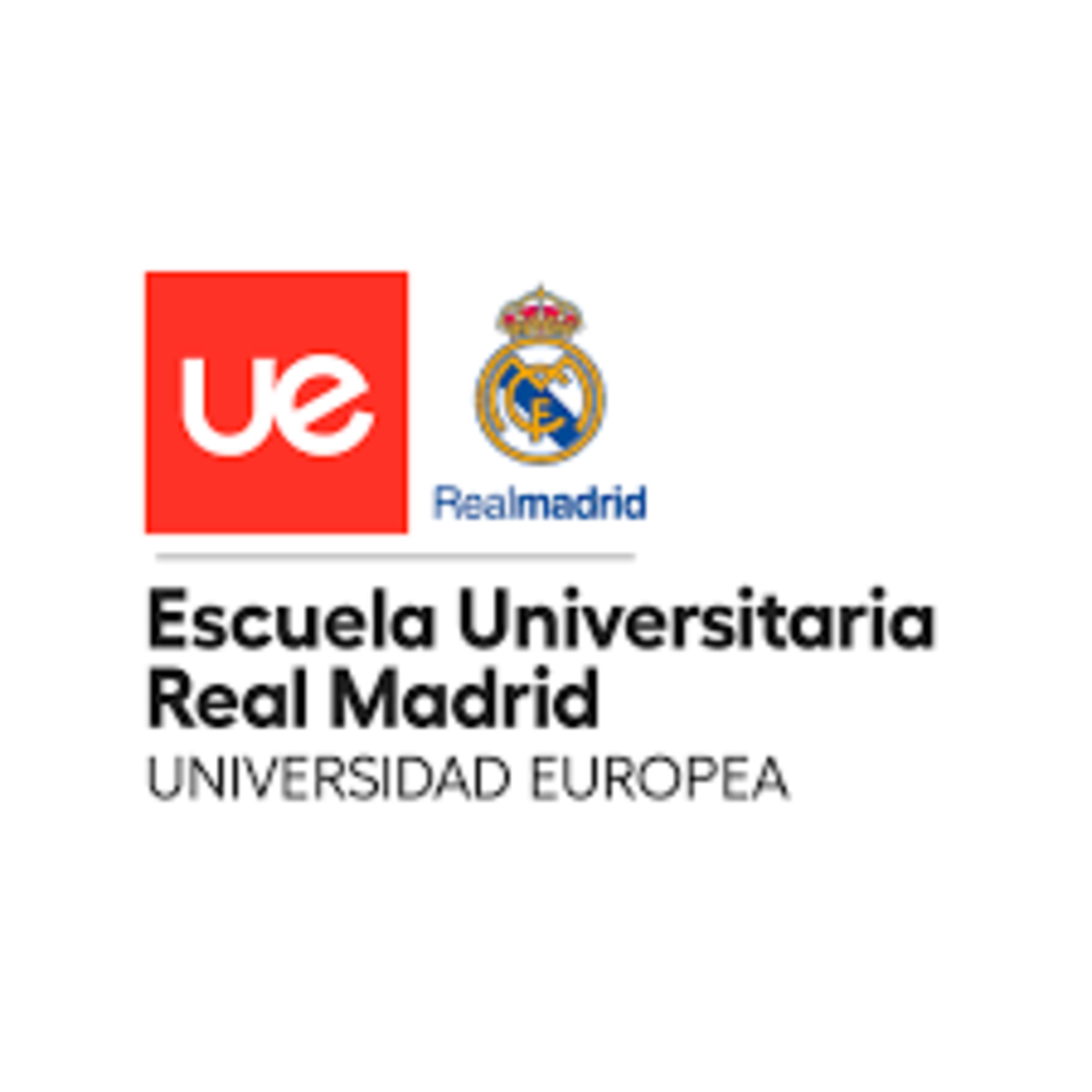
Stevens MBA and Master's in Sports Technologies & Digital Transformation Dual Degree Program
Program Details
Degree
Master of Science or Dual-Degree MBASchool
School of BusinessDepartment
School of Business Graduate ProgramAvailable
On campusStevens School of Business and Escuela Universitaria Real Madrid Universidad Europea (UEM) offer a highly-coordinated dual degree program in Business Administration and Sports Technologies & Digital Transformation providing you with a comprehensive understanding of management principles and applying technology like data analysis, blockchain, and virtual reality to sports.
In the first year, you will enroll full-time at the Stevens School of Business, taking courses within the Stevens MBA program (33 credits). You will also enroll part-time at UEM within the Masters in Sports Technology & Digital Transformation program (15 credits). You will take online courses in the fall and spring semesters. During the summer, you will take three courses at the Escuela Universitaria campus in Madrid, Spain. You will also have an internship with Real Madrid Next and enjoy the "White Week" experience at Santiago Bernabéu Stadium. You will receive a diploma from each school after completion (approximately 12-16 months).
Program Benefits:
Enter The $41-Billion-Dollar Sports Tech Industry: The global sports technology industry is expected to grow 17.3% annually and reach $41.3 billion by 2028, according to a July 2022 report conducted by Polaris Market Research.
Specialized Expertise: Sports is a data-driven industry reliant on technology for performance analysis, fan engagement, and business operations. Gain the management skills and technical expertise to become a leader in the sports industry.
Internship with Real Madrid Next: Spend a summer studying and working in Madrid, Spain with a guaranteed internship with Real Madrid Next.
Careers:
Data Analyst
AI Analyst
Digital Transformation Specialist
Sports Business Analyst
Sports Innovation Manager
Technology Product Manager
Attend A Zoom Info Session
To learn more about this exciting program, speak to an advisor or attend an information webinar. Representatives from both Real Madrid Graduate School and Stevens School of Business will be present to answer your questions.
Speak To An Advisor
Can't make it to a Zoom session? Look through our calendar and book a one-on-one session with our advisor.
Book Advisor
Stevens Institute of Technology
Stevens Institute of Technology is a premier, private research university in Hoboken, New Jersey, overlooking the Manhattan skyline. Since its founding in 1870, technological innovation and entrepreneurship have been the hallmarks of Stevens’ education and research. Within the university’s three schools, Stevens prepares its more than 8,000 undergraduate and graduate students for an increasingly complex and technology-centric world. Our exceptional students collaborate closely with world-class faculty in an interdisciplinary, student-centric, entrepreneurial environment, readying them to fuel the innovation economy. Academic and research programs spanning finance, computing, engineering and the arts expand the frontiers of science and leverage technology to confront the most challenging problems of our time. Stevens is consistently ranked among the nation’s leaders in ROI and career services and is in the top 1% nationally of colleges with the highest-paid graduates.
Program Highlights
A STEM-Designated MBA: Applicable concentrations of the MBA program hold the STEM designations, setting it apart from ordinary MBA offerings by infusing technology at the forefront of the curriculum. This designation also allows students from outside of the U.S. to be eligible for a 24-month extension of their Optional Practical Training (OPT).
Traditional Business Through the Technology Lens: At Stevens, conventional business disciplines are taught from a technological perspective, ensuring graduates are well-versed in leveraging leading-edge tools and methodologies to drive innovation across all aspects of a business.
AI and Machine Learning are Here to Stay: Students gain an essential understanding and practical application of AI and machine learning, equipping them to take the lead in navigating the fourth industrial revolution and propel industries forward.
Real-World Consulting Experience: The hallmark of the full-time MBA, the Industry Capstone Program, immerses students in consulting engagements with real-world companies. Students and their peers, under faculty mentors, take what they’ve learned in their courses to develop solutions to real business problems and present their recommendations to senior executives. This experience provides students with something they can speak about to hiring managers and recruiters. Open to students across graduate programs, the Industry Capstone Project encourages interdisciplinary collaboration, nurturing diverse perspectives and skill development.
Invaluable Networking Opportunities: Capstone projects involve partnering with companies, providing students with networking opportunities and allowing them to foster connections that can lead to career advancement.
GMAT/GRE test scores are optional for all master’s programs. Applicants who think that their test scores reflect their potential for success in graduate school may submit scores for consideration.
An MBA for Today's Digital Era
In today's data-driven world, the traditional business skills taught in traditional MBA programs are no longer enough. Few MBA programs fully address how the data revolution has transformed how managers recognize opportunities and identify trends. The Stevens MBA stands out by integrating technology, data analytics and advanced business practices into its core curriculum.
Taught by expert faculty, this innovative MBA program combines foundational business disciplines such as marketing, strategy and finance with cutting-edge skills in technology and business analytics. You will engage in applied exercises and real-world projects that train you to make fast, data-informed decisions. With a curriculum emphasizing collaboration through group projects, presentations and hands-on experience, you will foster both creativity and critical thinking skills.
This unique approach ensures you are prepared to lead in a rapidly evolving business landscape.
Curriculum for Stevens MBA
MBA Courses (33 Credits)
MGT 612 Leader Development
Project success depends, largely, on the human side. Success in motivating project workers, organizing and leading project teams, communication and sharing information, and conflict resolution, are just a few areas that are critical for project success. However, being primarily technical people, many project managers tend to neglect these "soft" issues, assuming they are less important or that they should be addressed by direct functional managers. The purpose of this course is to increase awareness of project managers to the critical issues of managing people and to present some of the theories and practices of leading project workers and teams.
MGT 699 Strategic Management
An interdisciplinary course which examines the elements of, and the framework for, developing and implementing organizational strategy and policy in competitive environments. The course analyzes management problems both from a technical-economic perspective and from a behavioral perspective. Topics treated include: assessment of organizational strengths and weaknesses, threats, and opportunities; sources of competitive advantage; organizational structure and strategic planning; and leadership, organizational development, and total quality management. The case method of instruction is used extensively in this course.
BIA 600 Business Analytics: Data, Models & Decisions
Many managerial decisions - regardless of their functional orientation - are increasingly based on analysis using quantitative models from the discipline of management science. Management science tools, techniques and concepts (e.g., data, models, and software programs) have dramatically changed the way businesses operate in manufacturing, service operations, marketing, transportation, and finance. Business Analytics explores data-driven methods that are used to analyze and solve complex business problems. Students will acquire analytical skills in building, applying and evaluating various models with hands-on computer applications. Topics include descriptive statistics, time-series analysis, regression models, decision analysis, Monte Carlo simulation, and optimization models.
MGT 641 Marketing Management
The study of marketing principles from the conceptual, analytical, and managerial points of view. Topics include: strategic planning, market segmentation, product life-cycle, new product development, advertising and selling, pricing, distribution, governmental, and other environmental influences as these factors relate to markets and the business structure.
BIA 610 Applied Analytics
Applied Analytics is a capstone course for the analytic-focused MBA program. It is intended to integrate all previously taken coursed in the program by presenting a set of increasingly complex business problems. These problems can be solved through analytic skill taught in this and previous courses. In particular, the course is intended to reinforce the understanding of analysis as way to build models that can focus attention on parts of the system that can be improved through intervention. The early part of the course uses synthetic data and empirical data readily available for analysis. The second part of the course encourages students to state and solve their own problem, gathering their own data as a part of the analytic process.
MGT 635 Managerial Judgment and Decision-Making
Executives make decisions every day in the face of uncertainty. The objective of this course is to help students understand how decisions are made, why they are often less than optimal, and how decision-making can be improved. This course will contrast how managers do make decisions with how they should make decisions, by thinking about how "rational" decision makers should act, by conducting in-class exercises and examining empirical evidence of how individuals do act (often erroneously) in managerial situations. The course will include statistical tools for decision-making, as well as treatment of the psychological factors involved in making decisions.
MGT 663 Discovering and Exploiting Entrepreneurial Opportunities
In this course, students will evaluate and create their own prospective business strategies. They will develop an understanding of entrepreneurship and innovation in starting and growing a business venture. Students will be given an opportunity to actually start their own business or create a business in their company by learning how to take advantage of the new order of business opportunities of the information age. This course’s main objective is to show students how to identify these opportunities, be able to formulate and evaluate both qualitatively and quantitatively whether the opportunity is worth pursuing, and, of course, how it may be pursued. Actual case studies and experiences will be intertwined with the course content.
EMT 696 Human-Centered Design Thinking
This course deals with the theory and methods associated with design thinking, a problem-solving protocol that spurs innovation and solves complex problems. Design thinking involves a unique form of inquiry which goes well beyond product and service design. Students will develop an appreciation for design and develop skills for studying design systems. These concepts and methods have wide applicability as they can be used to design organizations of people, information structures, compensation systems as well as the entire consumer experience. Applying these approaches can often create entirely new systems that are more useful and usable. The logic of this approach can sometimes solve "wicked problems" which have defied previous solutions.
BIA 658 Social Network Analytics and Visualization
Given a data matrix of cases-by-variables, a common analytical strategy involves ignoring the cases to focus on relations among the variables. In this course, we examine situations in which the main interest is in dependent relations among cases. Examples of “cases” include individuals, groups, organizations, etc.; examples of “relations” linking the cases include communication, advice, trust, alliance, collaboration etc. Application areas include social media analytics, information and technology diffusion, organization dynamics. We will learn techniques to describe, visualize and analyze social networks.
FE 550 Data Visualization Application
Effective visualization of complex data allows for useful insights, more effective communication, and making decisions. This course investigates methods for visualizing financial datasets from a variety of perspectives in order to best identify the right tool for a given task. Students will use a number of tools to refine their data and create visualizations, including: R and associated visualization libraries, Ruby on Rails visualization tools, ManyEyes, HTML5 & CSS 3, D3.js and related javascript libraries, Google Chart Tools, Google Refine, and image-editing programs.
MGT 623 Financial Management/MGT 638 Corporate Finance
Escuela Universitaria Real Madrid Universidad Europea
Universidad Europea's mission is to provide our students with a holistic education and shape leaders and professionals who are prepared to respond to the demands of a global world. In addition, Universidad Europea aims to empower our students to add value to their professional fields and contribute to social progress with their entrepreneurial spirit and ethical values. Universidad Europea also aim to generate and share knowledge through applied research, while also contributing to societal progress in order to place us at the forefront of intellectual and technical development.
Curriculum for Sports Tech Program
Courses (15 Credits)
M2 Sports Performance
M3 Big Data and AI in Sports Management
M6 Smart Venues
M8 Sports Technologies
M10 Internships






